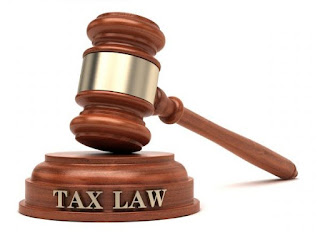Income Tax Law
When General Pervez Musharraf's government decided to introduce a new tax law in 2000, we, among many, strongly opposed it. Our main objection is that his empire had no authority to enact any such law. The law says, "There is no tax without representation", emphasized by us and others. This constitutional principle is enshrined in Part 77 of the Constitution of the Republic of Pakistan, but as governor, the dictator was not oppressed. even the elected governments since Musharraf have been showing complete disregard for applying the new tax law and other tax codes that are in line with the fundamental rights and public policy guidelines contained in the Constitution.
In Musharraf's time, it was argued that the dictator did not have the authority to enact the Income tax Ordinance, in 2001 repealing the Income tax Ordinance, 1979, also announced by the military dictator, General Zia-ul-Haq. It was thought that he should leave the post to the next government. Unfortunately, the law was promoted and after that all elected officials, including the current one, never bothered to review it.
We do not issue tax rules for the consultation process, which is a human requirement of democracy. Sadly, the repealed Income tax Ordinance, 1979 was again proposed by the dictator of the military, and the Income tax Ordinance, 2001, reminds us of General Musharraf's illegal rule.
Recommended Blogs:
How to become Filer
Mobile Devices Regulirizations - DIRBS
Check FBR Status online
How to pay income tax


Comments
Post a Comment